EP elections in focus
Conservative political forces held an exchange on the future of Europe in Rome on September 29-30 and began preparations for the European Parliament elections. International researchers and think tanks, EU representatives and Italian ministers worked together to find solutions to the continent's most important issues, including the challenge of migration. Among others, Balazs Orban, political adviser to Hungarian Prime Minister Viktor Orban, delivered a speech at the meeting. He spoke about the preparations for the European Parliament elections, the need for right-wing forces to unite and the quota system introduced by Brussels, which was agreed on in the summer but has failed by now.
The Hungarian PM's political adviser said he was pleased to be able to participate in the forum, which gathers conservative and sovereigntist forces, for the second time.
The forum brings together participants from all over Europe to discuss the most important issues affecting the continent, with the focus on the EP the elections this time and how to implement a turnaround in Brussels.
In answer to a question from Magyar Nemzet, he stressed that everyone is dissatisfied with the performance of the Brussels leadership, which has failed in tackling migration and in implementing the Europe of nations project. Europe's competitiveness is also rather seriously problematic. Everyone feels the need for change. He highlighted the Italian political model with the center-right, the conservatives and the identitarians governing together as a possible example to follow. What has been achieved in Italy should be repeated in Brussels after the European Parliament elections.
With regard to the migration situation affecting Europe, Balazs Orban said that the whole continent is in very serious trouble. The situation in Italy is very similar to that in 2016, when migration pressure was at its peak. Moreover, groups of illegal immigrants and human smugglers have become better organized and more aggressive since then.
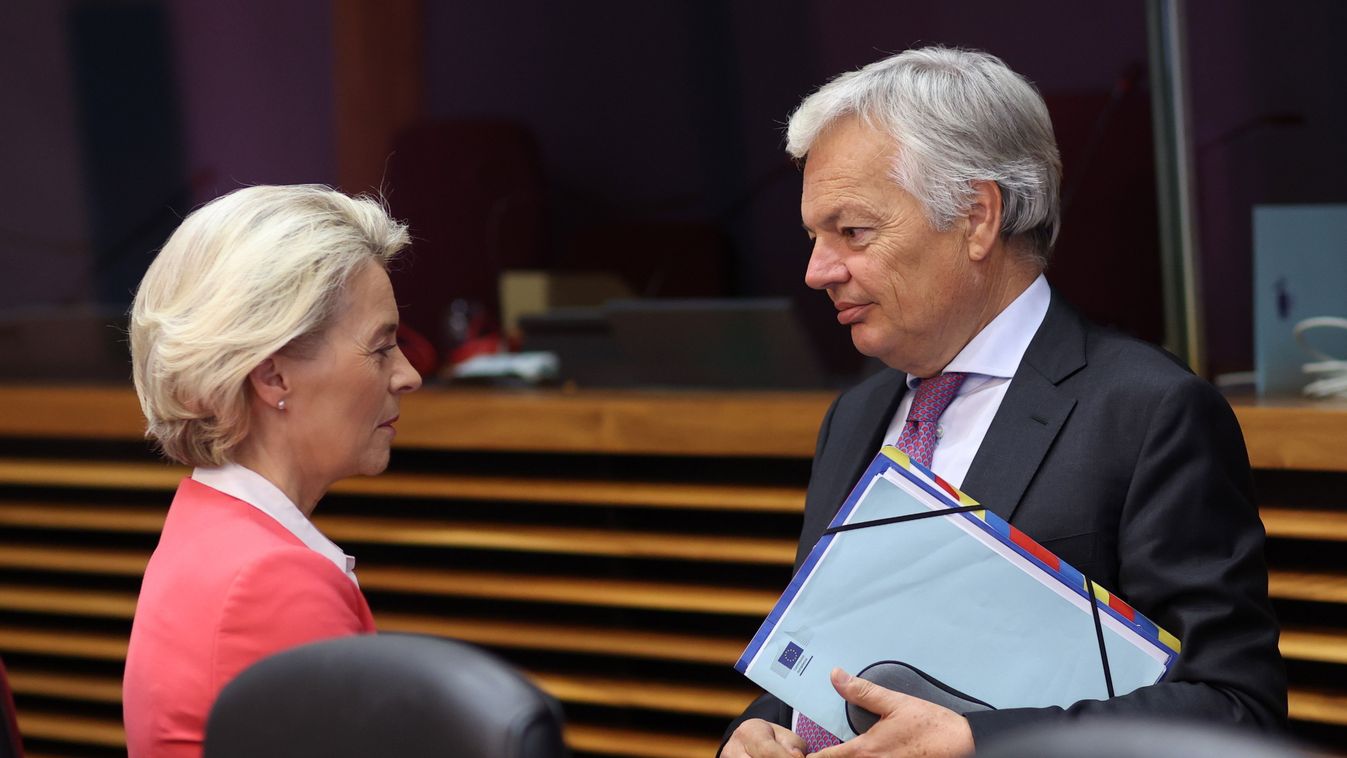
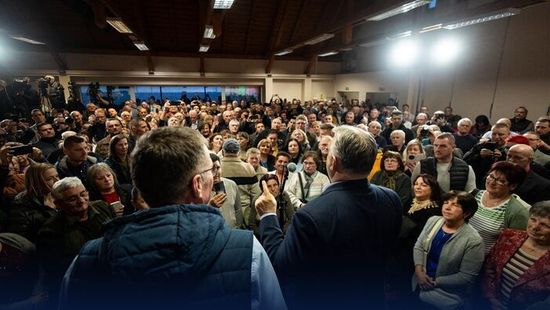
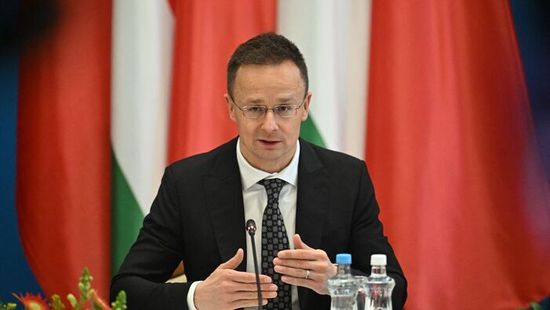
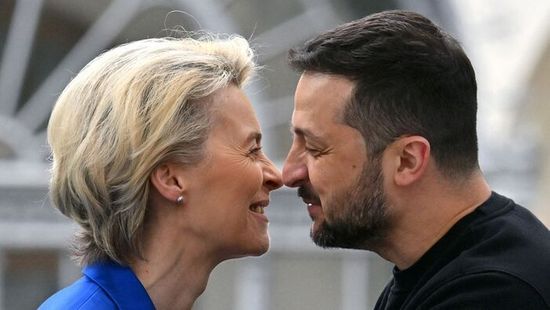
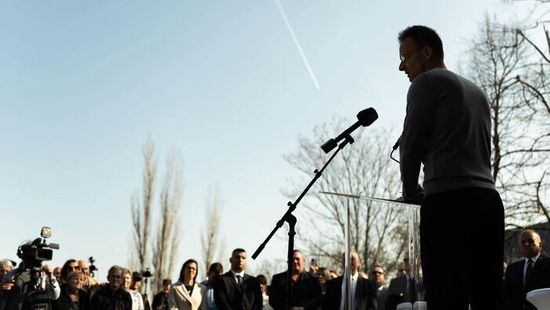

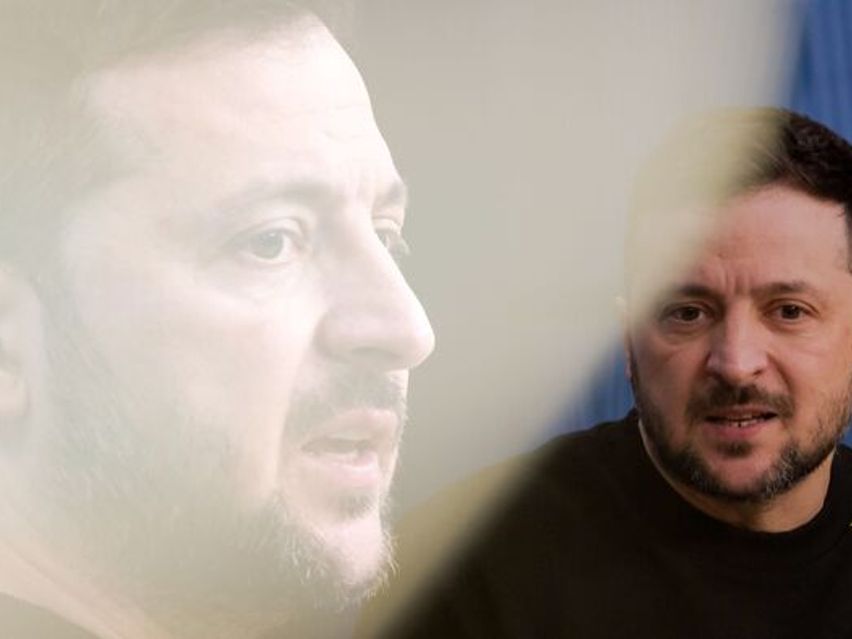
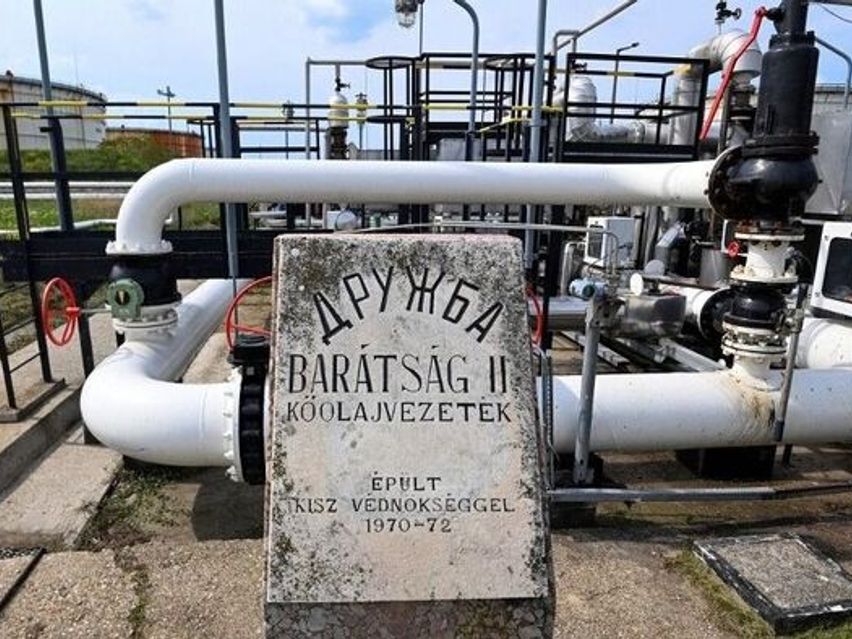
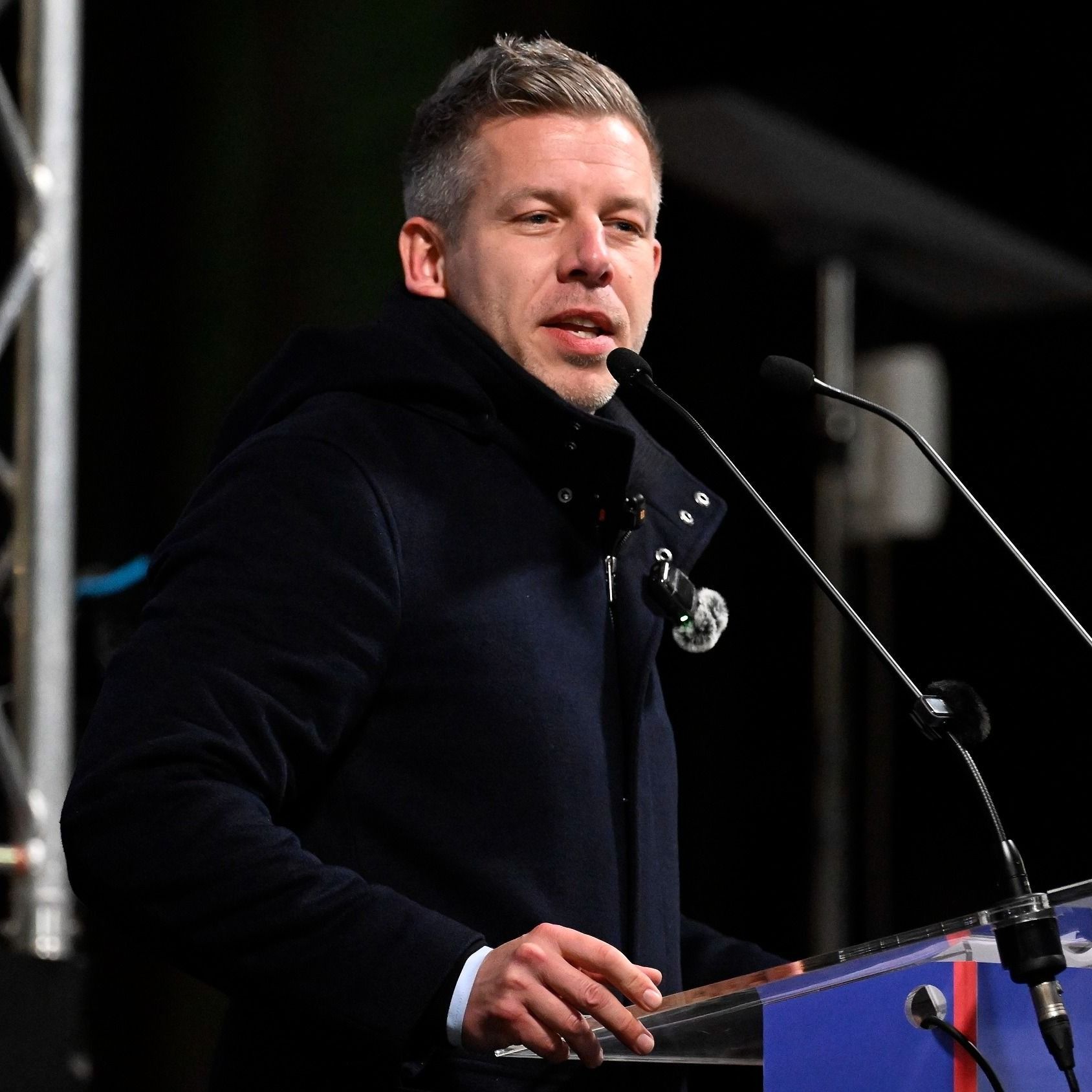
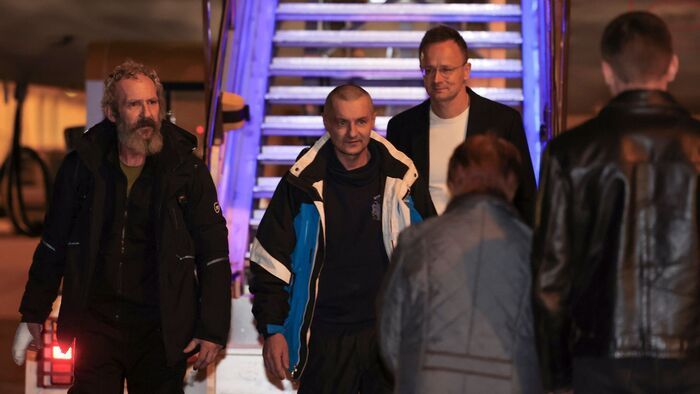

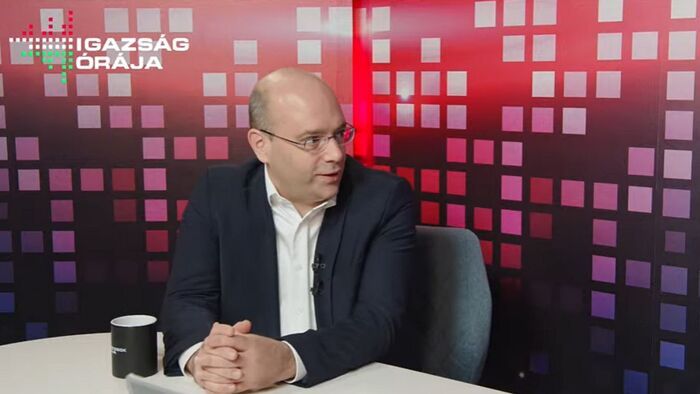
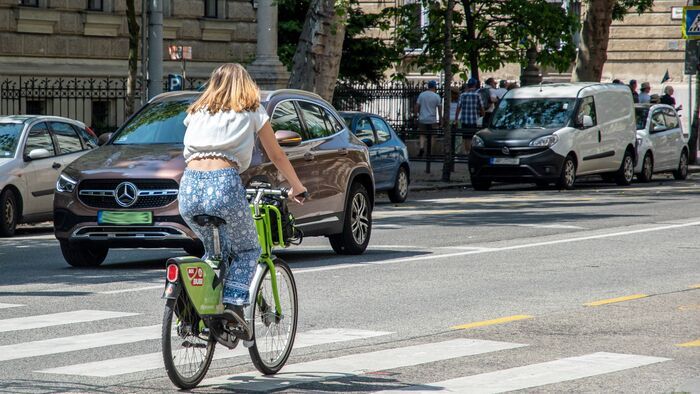
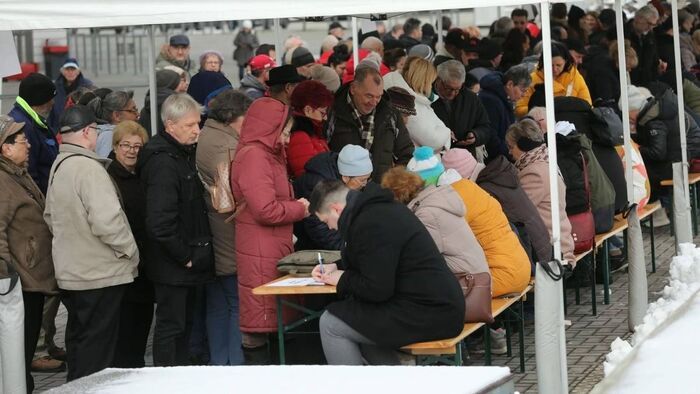

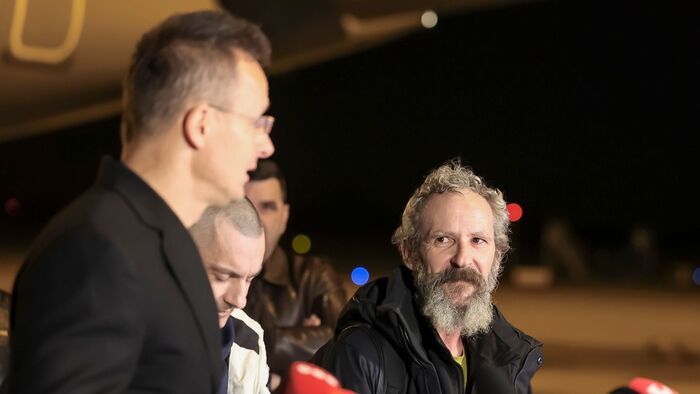
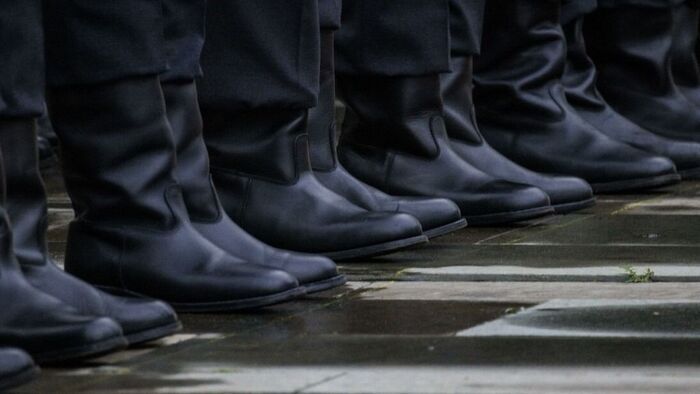

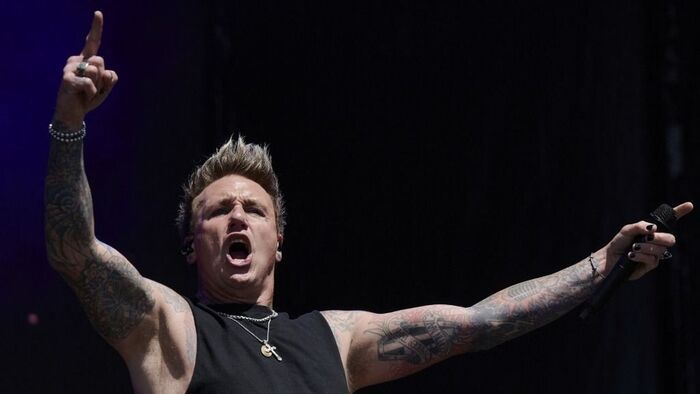
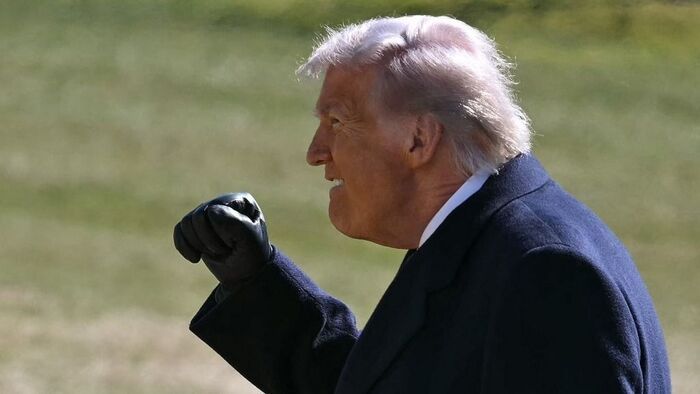
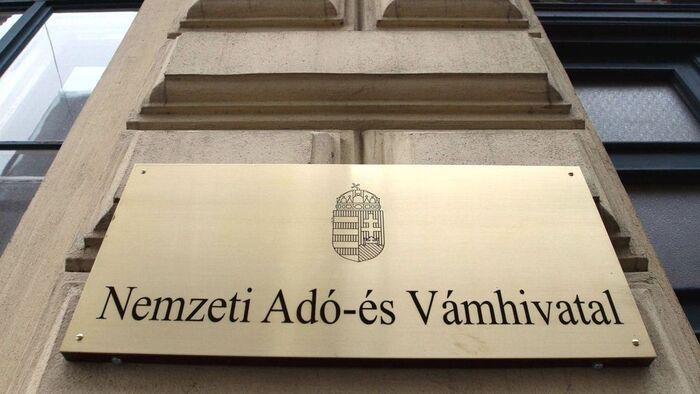

Szóljon hozzá!
Jelenleg csak a hozzászólások egy kis részét látja. Hozzászóláshoz és a további kommentek megtekintéséhez lépjen be, vagy regisztráljon!